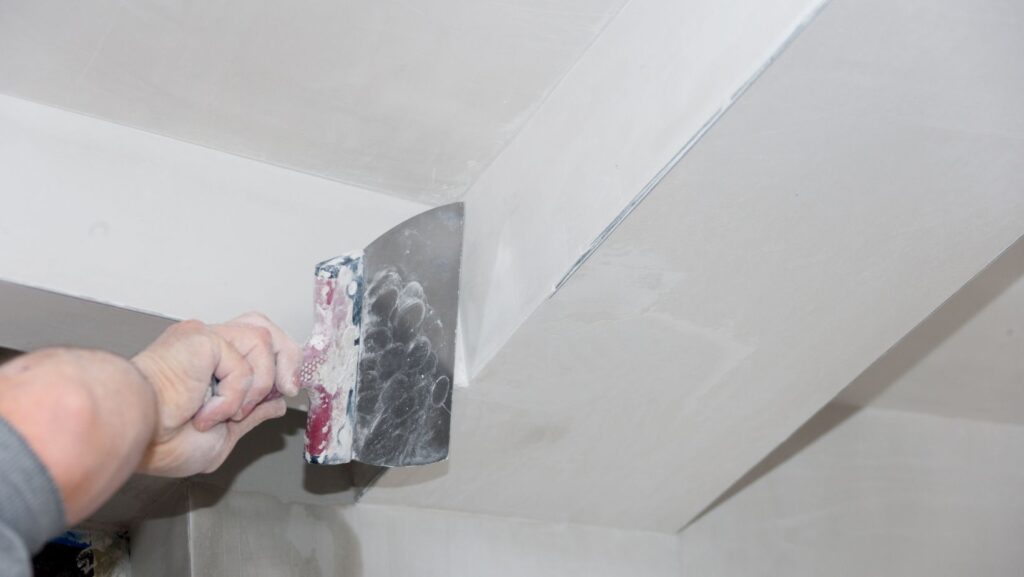Navigating the world of home improvement in New Jersey can be a daunting task, especially when it comes to understanding the licensing requirements for contractors. It’s a critical aspect that homeowners shouldn’t overlook. After all, a licensed contractor isn’t just a title, it’s a seal of approval that ensures quality, professionalism, and peace of mind.
Home Improvement Contractor License NJ
 Delving deeper, the necessity for a Home Improvement Contractor License in NJ becomes clear. This requirement, mandated by the New Jersey Division of Consumer Affairs, exists to safeguard homeowners. Thorough inspections of a contractor’s skills, experience, and financial stability precede license issuance. This process amplifies customer assurance, knowing they’re dealing with a genuine, competent professional.
Delving deeper, the necessity for a Home Improvement Contractor License in NJ becomes clear. This requirement, mandated by the New Jersey Division of Consumer Affairs, exists to safeguard homeowners. Thorough inspections of a contractor’s skills, experience, and financial stability precede license issuance. This process amplifies customer assurance, knowing they’re dealing with a genuine, competent professional.
Primarily, contractors handling remodeling, alterations, renovation, or repair tasks in residential properties suffice the criteria for licensing. This includes a broad spectrum of tasks from kitchen renovations to roofing and basement finishing, as the New Jersey Administrative Code stipulates.
Obtaining the license involves several steps, each defined by the New Jersey Home Improvement Contractors Act. It involves securing a $500,000 liability insurance, tax registration, and undergoing a comprehensive background check. Contractors must also disclose business-related information like the names and addresses of the company’s principals, type of business entity, and sales practices.
Meeting these stringent licensing requirements guarantees that the contractor possesses enough competence to handle a variety of home improvement tasks. For homeowners, this information remains available online at the New Jersey Division of Consumer Affairs website, thereby ensuring transparency and ease of verification.
Steps to Obtain a Home Improvement Contractor License in NJ
Embarking on the Licensing road entails fulfilling certain steps stipulated by New Jersey’s Division of Consumer Affairs. It requires a comprehensive understanding of business prerequisites, insurance requirements, and legal obligations. The first step in the process involves tax registration.
Next, a contractor secures an insurance policy. General liability insurance, with coverage of at least $500,000, stands as a mandatory requirement. This insurance acts as a financial safeguard, covering potential losses arising from business operations. After obtaining insurance, a contractor proceeds to complete a public records filing. The State of New Jersey mandates this for legal entities such as Limited Liability Companies and Corporations.
Finally, the last step involves completing an application form available from the New Jersey Division of Consumer Affairs. An applicant provides details such as the business structure data, insurance information, and proof of registration with DORES. After the completion and submission of the application, the Division appraisal it meticulously.
Common Pitfalls to Avoid When Applying

Although the process of acquiring a “Home Improvement Contractor License” in New Jersey indicates thorough scrutiny, potential applicants might stumble upon some common obstacles. Not adequately preparing for these challenges jeopardizes application success.
A common lapse involves insurance, mainly general liability coverage. Operate meticulously, secure comprehensive insurance for your business, citing the New Jersey Home Improvement Contractor License regulations. Fall short here, and it’s quite likely the application will result in denial.
Matters of financial stability also pose risks. The New Jersey Division of Consumer Affairs examines your financial health. Neglect this aspect, and chances of approval degrade. It’s paramount to keep clear, readable financial records reflecting stability.
Finally, most applications fail due to incomplete or incorrectly filled forms. Lapses in attention to detail might cause unnecessary delays or even outright rejection.
The Role of Licensing in Consumer Protection
Understanding New Jersey’s licensing requirements isn’t just about ticking a box. It’s about ensuring quality, professionalism, and peace of mind when dealing with home improvement contractors. The rigorous process set by the New Jersey Division of Consumer Affairs is a testament to this commitment. Overcoming these challenges isn’t just about securing a license; it’s about earning a stamp of professionalism. By doing so, contractors not only enhance their reputation but also contribute to a more transparent, reliable industry — a win-win for both contractors and consumers.



